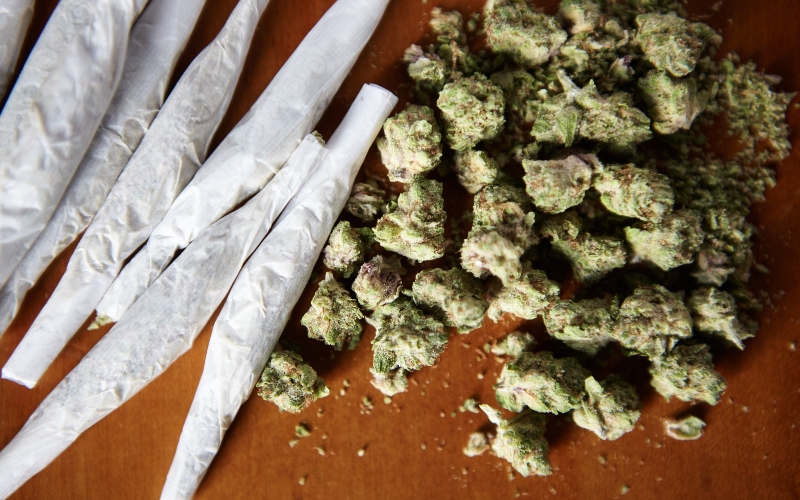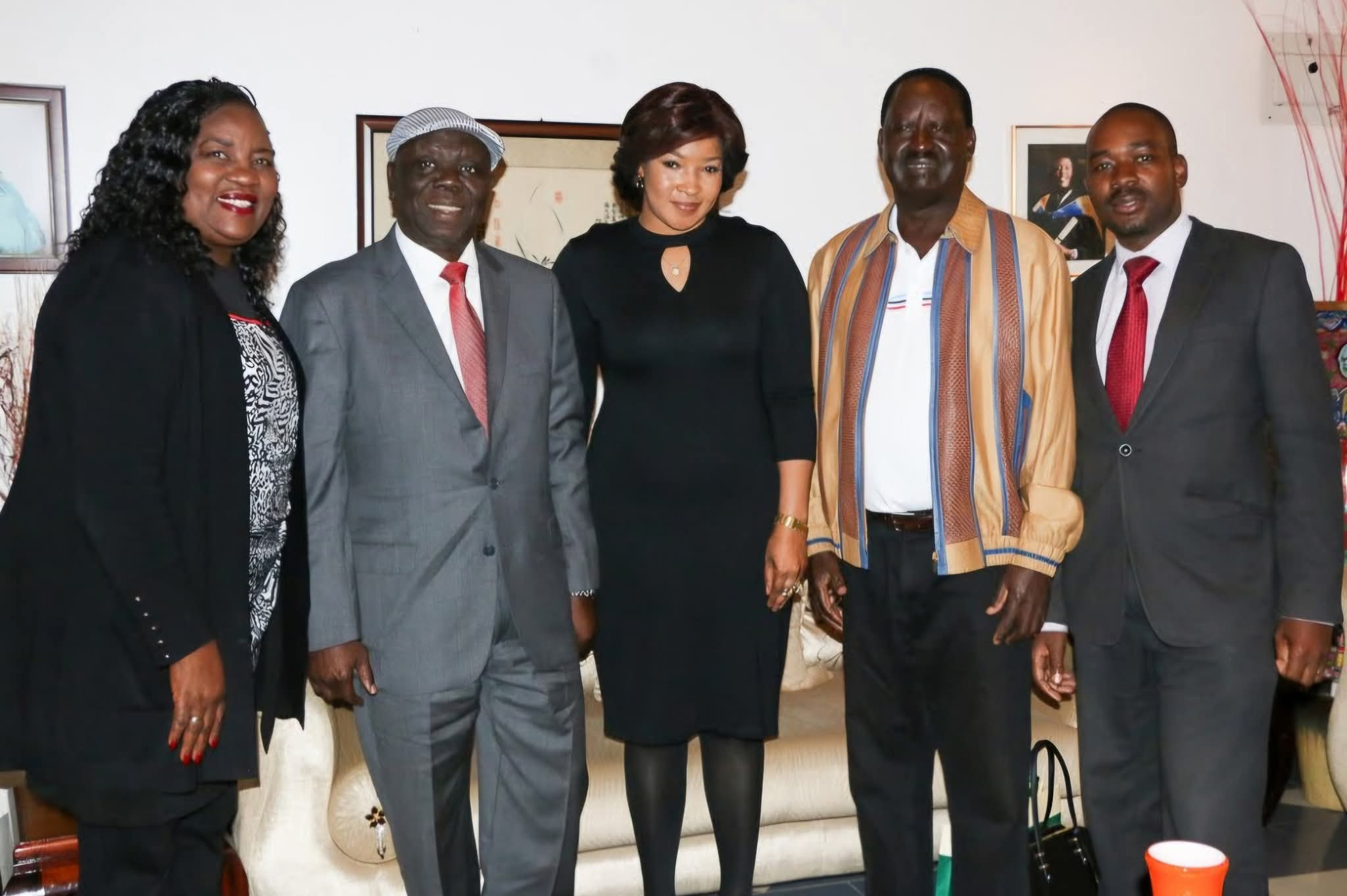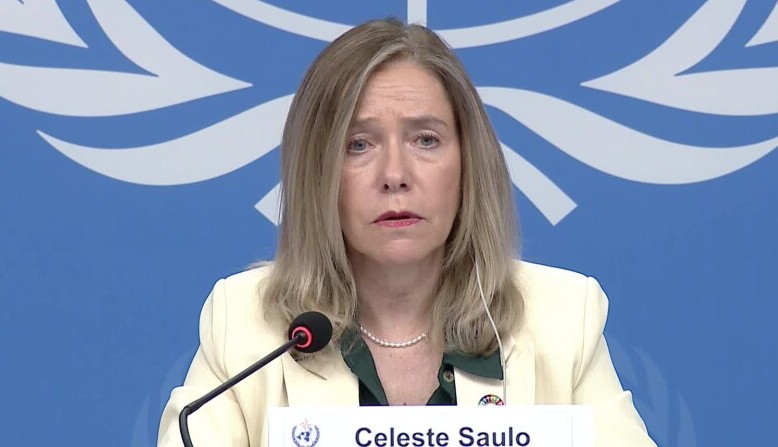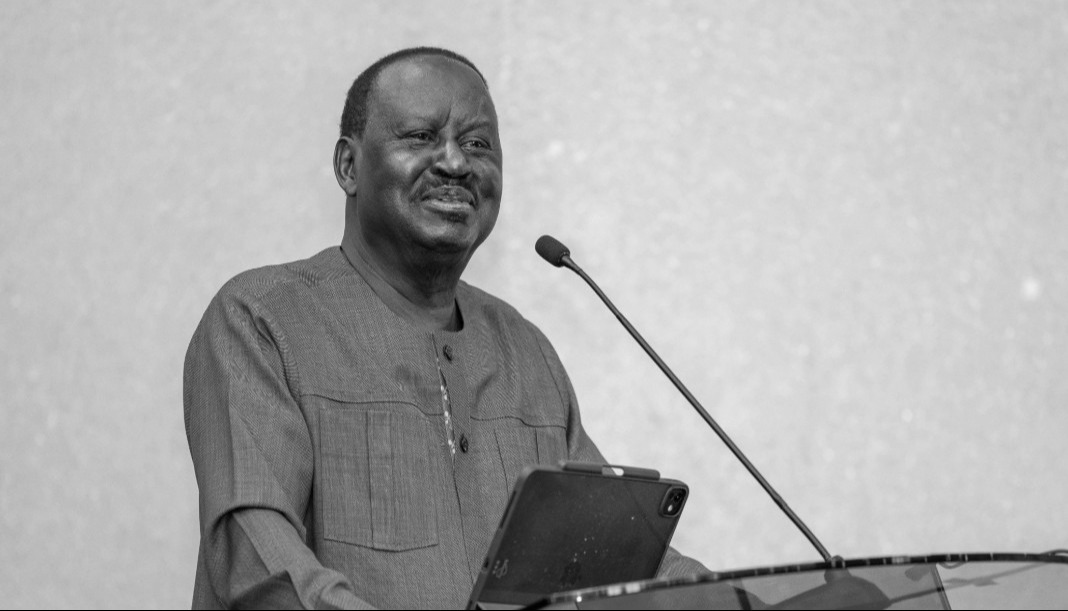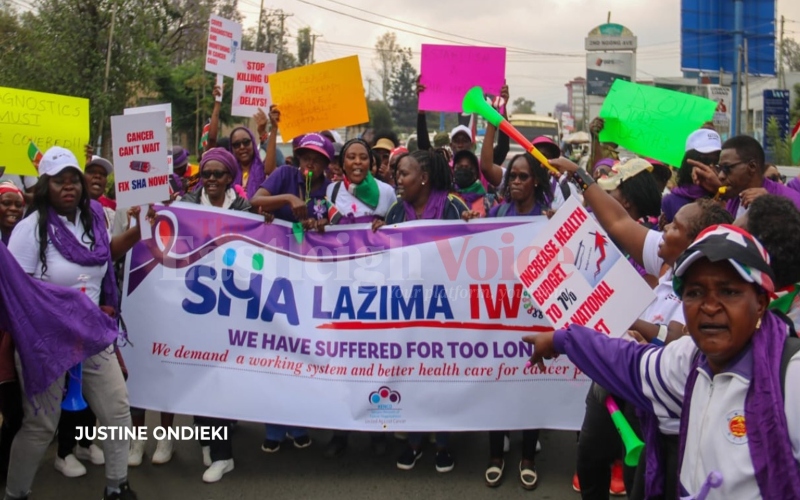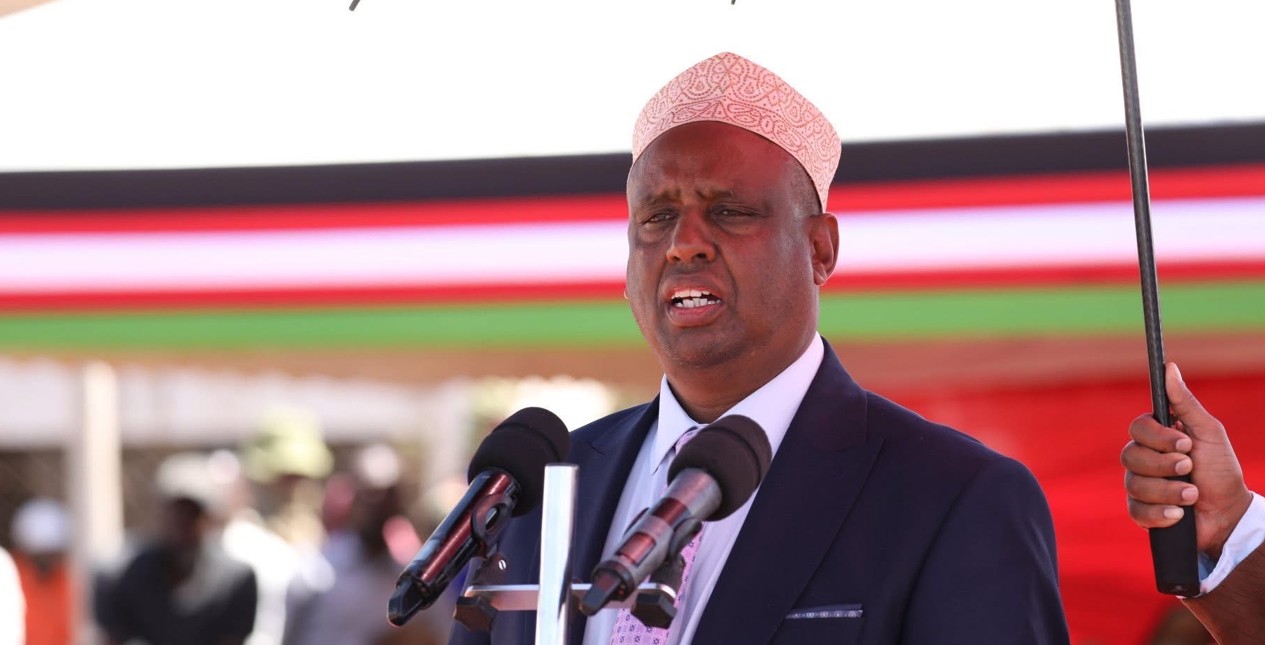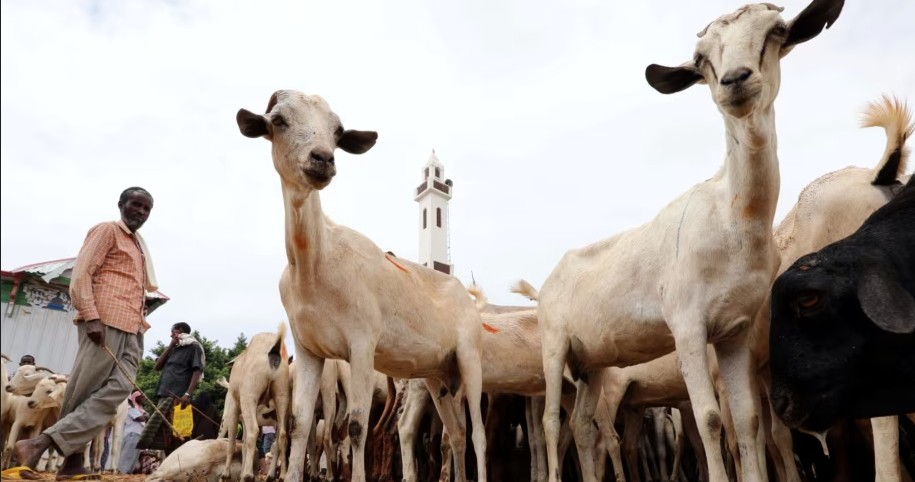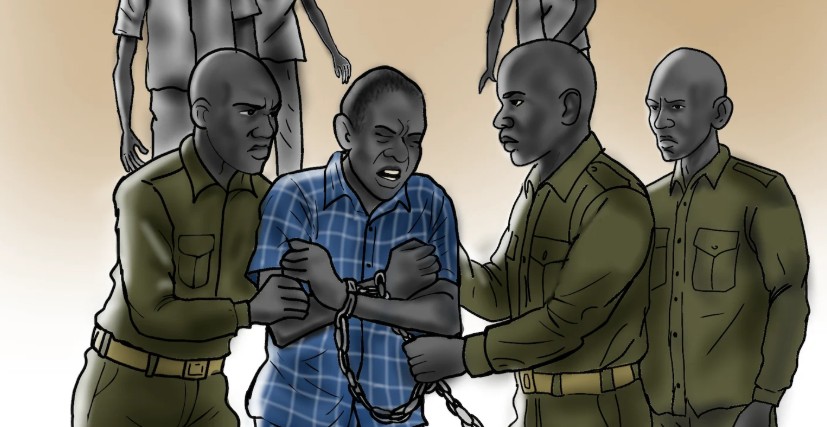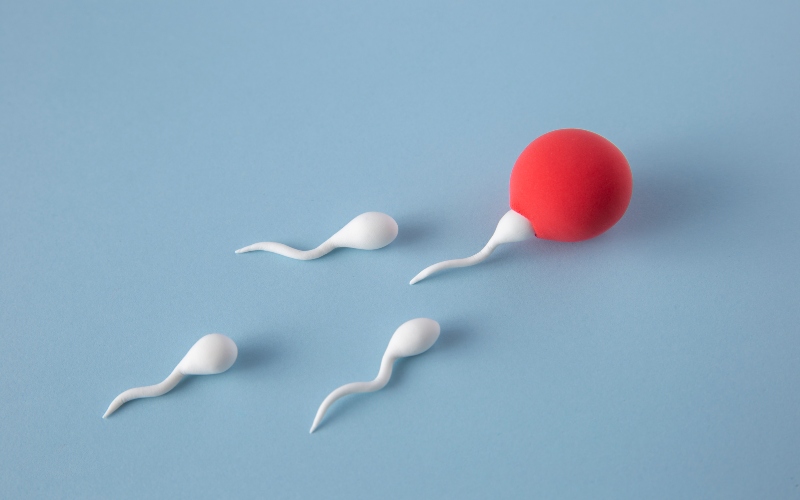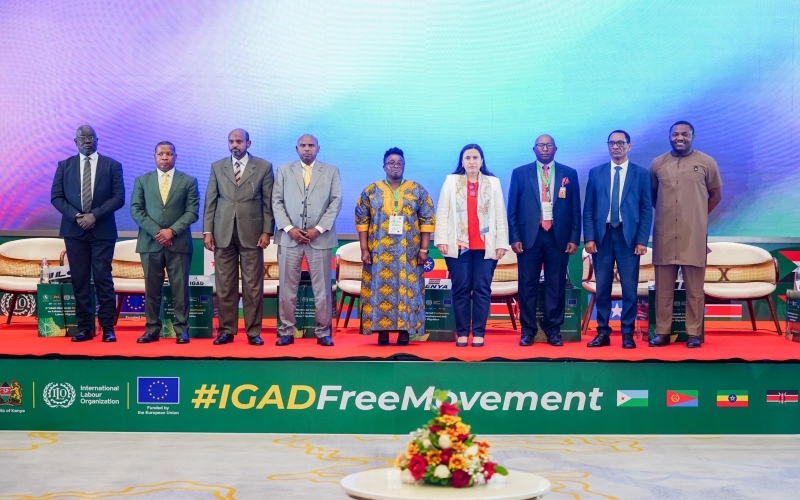Nairobi estates face 24-hour water disruption due to pipeline rerouting
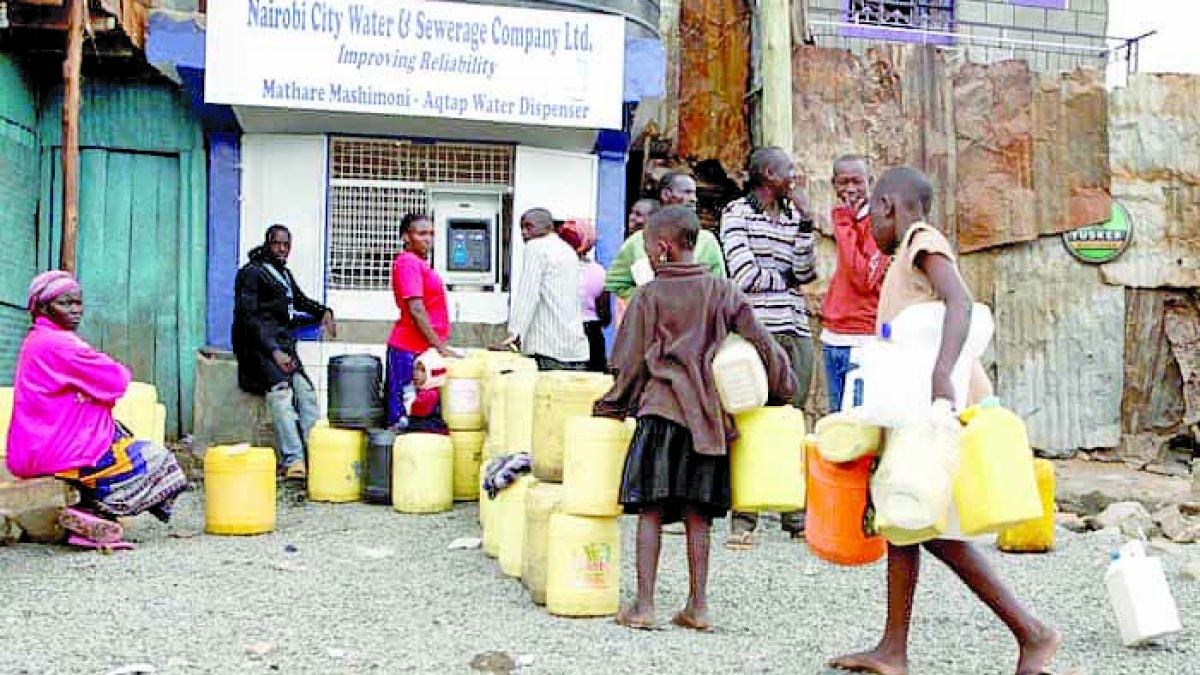
The water supply interruption will begin at 6 am on Thursday, October 3, 2024, and is expected to last until 6 am on Friday, October 4, 2024.
Various parts of the city will experience dry taps for 24 hours as Nairobi City Water and Sewerage Company Ltd temporarily shut down the water supply to reroute a water supply pipeline at the Uhuru Highway-Haile Selassie Junction.
This is to facilitate the construction of the Green Park Pedestrian Underpass.
More To Read
- How blocked drainage systems, open sewers threaten lives, businesses in Eastleigh
- Eastleigh, Westlands and Kilimani among 16 Nairobi estates to face two-day water disruption
- Nahashon Muguna resigns as Nairobi Water boss, Nangole named acting MD
- Renewed hope for Nairobi River as thousands of youth drive clean-up exercise
- Water boss opposes smart meters, says too costly for Nairobi residents
- High court orders Nairobi Water MD Nahashon Muguna to vacate office in five days
In a notice on Wednesday, Nairobi Water and Sewerage Company Managing Director Nahashon Muguna said the water supply interruption will begin at 6 am on Thursday, October 3, 2024, and is expected to last until 6 am on Friday, October 4, 2024.
Affected areas include the industries along Masai Road, as well as residential areas in Buruburu phases 3, 4, and 5, Gikomba, Pumwani, Majengo, and Shauri Moyo, will also be affected. The entire Industrial Area will experience the shutdown.
Also affected will be the Central Business District (CBD), along Mombasa Road, South B and C estates, and key locations such as Mater Hospital, Jomo Kenyatta International Airport (JKIA), the Standard Gauge Railway (SGR), and the Athi River Export Processing Zone (EPZA).
Others are Ngara, Wangari Maathai Road, Desai Road, Kipande Road, Limuru Road, Muranga Road, and Park Road will also experience interruptions. Other impacted regions include Gigiri, Whispers Avenue, Village Market, UNEP, the US Embassy, and parts of the General Services Unit and Administration Police Training Schools.
"Any inconvenience is highly regretted," Muguna said.
Conserve water
The company has appealed to customers to conserve water during this period and to be patient as the company works to restore supply.
Nairobi has been facing water shortage since 2017 and the situation has not gotten any better.
The capital needs a total of 770 million cubic metres of water a day but the Nairobi City Water and Sewerage Company (NCWSC) only manages to supply about 520 million cubic metres with a deficit of 250 million cubic metres.
The shortage is projected to worsen with the Nairobi Water Master Plan showing the city will require 1.2 billion litres of water daily by 2035.
This has subjected the over five million Nairobi residents to water rationing with some estates especially in Eastlands even going for a week with dry taps.
Different areas of the city receive water on specific days of the week, some for a few days and others for just a few hours.
Top Stories Today

